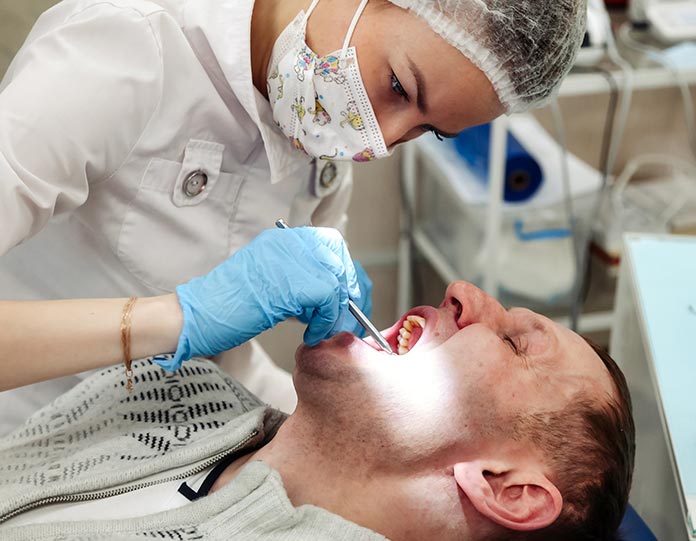Can dental implants be redone?
Yes, dental implants can be redone if they fail, but the process may involve additional procedures to restore bone and tissue before placing a new implant.
Key Points to Consider:
Implant failure can occur due to infection, bone loss, or mechanical issues.
Redoing an implant may require removing the old implant and preparing the site.
Bone grafting or tissue regeneration may be necessary before re-implantation.
Success depends on proper evaluation and treatment by an experienced dentist or oral surgeon.
When Can Dental Implants Be Redone?
Dental implants can fail for several reasons, including infection (peri-implantitis), lack of bone integration, or excessive pressure on the implant. If failure occurs, the implant can typically be removed, and the area allowed to heal. The process of redoing an implant begins with evaluating the site to ensure it is healthy enough to support a new implant.
In many cases, additional procedures, such as bone grafting, may be necessary to rebuild the bone structure and provide a strong foundation. The timeline for re-implantation varies depending on the extent of healing required, but with proper care, most patients can successfully receive a new implant.

What to Expect When Redoing a Dental Implant
Redoing a dental implant is a multi-step process that requires careful planning. After the failed implant is removed, your dentist or oral surgeon will assess whether the site is ready for a new implant or if additional steps, such as bone grafting or sinus lifting, are needed. These preparatory procedures ensure that the new implant has a solid and stable base.
The success of redoing a dental implant depends on factors like oral hygiene, overall health, and avoiding habits such as smoking, which can impact healing. Regular follow-ups and a commitment to proper care are crucial to ensure the long-term success of the new implant.

Conclusion
Dental implants can be redone successfully with proper evaluation and treatment. If you’re experiencing issues with an implant or need it replaced, consult your dentist to develop a personalized plan that ensures a healthy, lasting solution.
